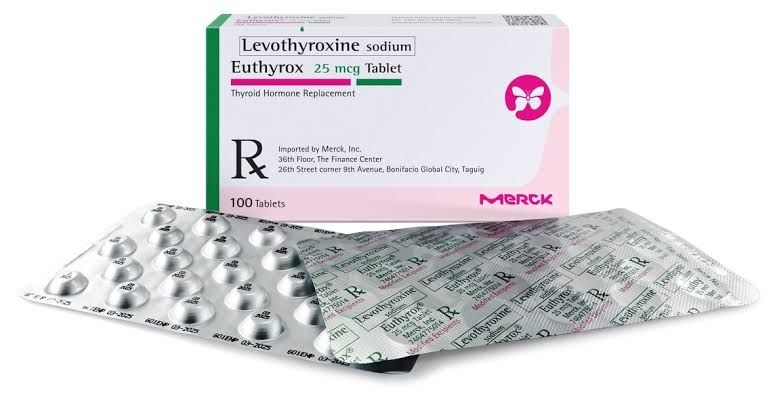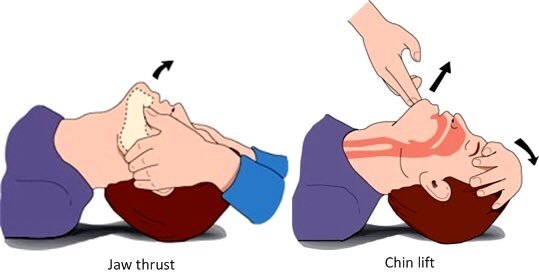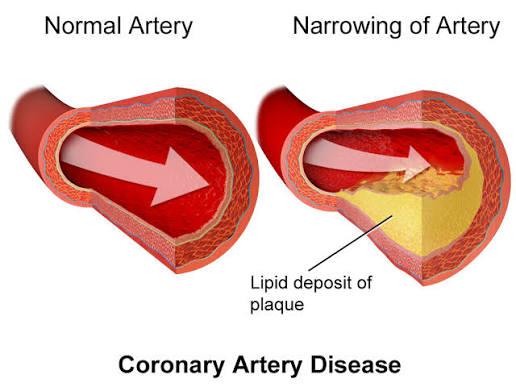
Pharmacology of Thyroid Hormones
Thyroid hormones, primarily thyroxine (T4) and triiodothyronine (T3), are essential regulators of metabolism, growth, and development. These hormones are synthesized in the thyroid gland through a series of steps involving iodine uptake, oxidation, and incorporation into the amino acid tyrosine within thyroglobulin. The active hormone T3 is derived either directly from the thyroid gland or by peripheral conversion of T4 to T3 via deiodination.
Mechanism of Action
Thyroid hormones exert their effects by binding to nuclear receptors in target cells. This interaction regulates gene expression, leading to increased protein synthesis and metabolic activity. Key physiological effects include:
- Regulation of basal metabolic rate.
- Promotion of normal growth and development.
- Maintenance of thermogenesis.
- Modulation of cardiovascular function (e.g., increasing heart rate and cardiac output).
Routes of Administration
Synthetic thyroid hormones are available in oral and injectable forms:
- Levothyroxine Sodium (T4): Administered orally or intravenously for hypothyroidism or pituitary TSH suppression. Oral absorption ranges from 40%–80%, with peak therapeutic effects taking several weeks due to its long half-life (~7 days).
- Liothyronine Sodium (T3): Available in oral and intravenous forms, it is used for severe hypothyroidism or myxedema coma due to its rapid onset but shorter duration compared to levothyroxine.
Adverse Reactions
Common adverse reactions include:
- Cardiovascular effects: Tachycardia, palpitations, arrhythmias.
- Central nervous system effects: Nervousness, irritability, insomnia.
- Gastrointestinal symptoms: Diarrhea, abdominal cramping.
- Other: Heat intolerance, weight loss.
Contraindications include uncorrected adrenal insufficiency (due to risk of adrenal crisis), recent myocardial infarction (due to increased cardiac workload), and untreated hyperthyroidism.
Pharmacology of Antithyroid Drugs
Antithyroid drugs are used to manage hyperthyroidism by inhibiting thyroid hormone synthesis or release.
Mechanism of Action
- Thionamides (e.g., Methimazole, Propylthiouracil):
- Inhibit the enzyme thyroperoxidase, preventing iodination of tyrosine residues on thyroglobulin and coupling reactions necessary for T3/T4 synthesis.
- Propylthiouracil also inhibits peripheral conversion of T4 to T3.
- Iodine Solutions (e.g., Potassium Iodide):
- Flood the thyroid gland with iodine, temporarily inhibiting hormone release through the Wolff-Chaikoff effect.
Clinical Uses
Antithyroid drugs are indicated for:
- Hyperthyroidism caused by Graves’ disease or toxic multinodular goiter.
- Preoperative preparation before thyroidectomy.
- Management during radioactive iodine therapy.
Routes of Administration
Antithyroid drugs are typically administered orally:
- Methimazole is rapidly absorbed from the gastrointestinal tract; it has a longer duration than propylthiouracil.
- Propylthiouracil is also taken orally but requires more frequent dosing due to its shorter half-life.
Potassium iodide can be administered orally as a solution or tablet.
Adverse Reactions
Adverse effects vary depending on the drug class:
- Thionamides:
- Common: Rash, nausea/vomiting, headache.
- Severe: Agranulocytosis (life-threatening reduction in white blood cells), hepatotoxicity.
- Iodine Solutions:
- Skin rash, swelling, fever.
- Rarely hypersensitivity reactions such as anaphylaxis.
Contraindications include severe liver disease for thionamides and iodine allergy for potassium iodide.







